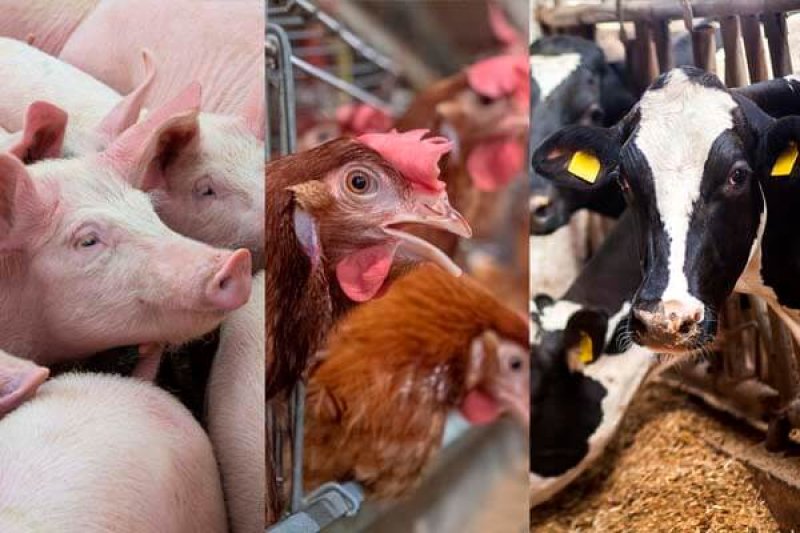The science says and continues to say that foods made from genetically modified crops are safe for consumption, they can reduce water usage, help make plants less susceptible to disease, and some have been developed to be more nutritious for impoverished countries.
Animal gene editing has also come a long way through decades of research. Land grant universities and research institutions have worked tirelessly for years on animal genes and have seen many breakthroughs that can enhance the quality of livestock. Scientists have developed a chicken that is resistant to contracting and transmitting avian influenza. Similarly, gene editing, for example, could develop pigs with resistance to African swine fever.
For animal gene editing to advance it will take more collaboration between USDA and U.S. Food and Drug Administration (FDA) for a smooth approval process. The current regulatory process is tangled and filled with red tape around each corner. It took more than 20 years for Indiana’s own AquAvantage salmon to make it through the tangled regulatory process at the FDA. And – to date – it’s the only FDA-approved biotech food animal ever. Meanwhile, there are dozens of other beneficial animal biotechnologies in development and waiting for approval.
We can all agree that 20 years is too long when the science is clear and concise.































